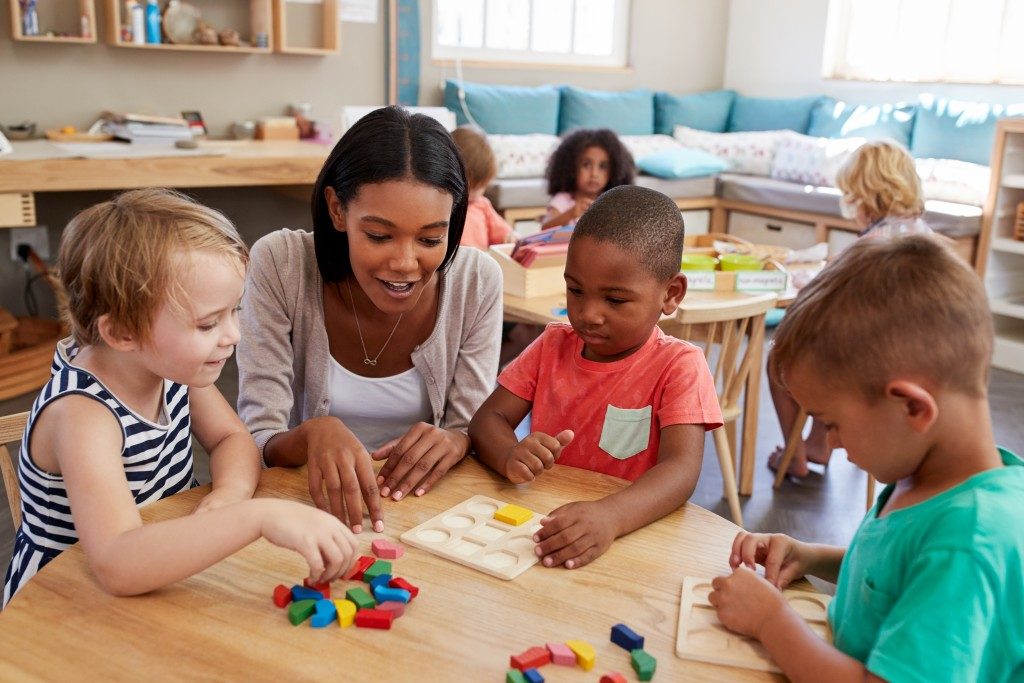Do you know that a strong relationship with your students can contribute to academic success? Indeed, you need to be effective in sharing knowledge and developing skills, but if you don’t have an excellent rapport with your class, you’ll have a hard time doing that. Teachers who intentionally reach out to each of their students create a bond that removes learning barriers. Practice these simple habits to form better relationships with your pupils:
Call them by their name.
A lot of students feel invisible in class for various reasons. Sometimes, it’s their status in society or personal insecurities. Other times, it’s their race or religion. They feel like they’re just part of the crowd, one of the hundreds of pupils whom you see every day. These sentiments are why they don’t engage in class discussions eagerly.
The good news is that you can turn this around with one act of kindness: call them by their name. Children will appreciate that you know and remember their names despite having so many students. They will also feel a sense of dignity even though they’re marginalized in society. So at the very start of the school year, commit to learning the names of your pupils and making them feel visible and special. A good practice is greeting them at the door. Recite their name as they go in and out.
Let them show and tell.
 Foster the atmosphere of being heard and valued by initiating a show-and-tell activity. Let the kids bring something that represents their culture, interests, or life in general. For instance, they can bring their ukelele and sing their favorite song or their pictures with their friends and reminisce childhood memories. You can do this by batch, like three to five students every day before your actual lecture starts.
Foster the atmosphere of being heard and valued by initiating a show-and-tell activity. Let the kids bring something that represents their culture, interests, or life in general. For instance, they can bring their ukelele and sing their favorite song or their pictures with their friends and reminisce childhood memories. You can do this by batch, like three to five students every day before your actual lecture starts.
You can also do this in teams. Divide the class into smaller groups and let them share things. After 15 minutes or so, ask some pupils about something they found interesting from one of their group mates. Here, you’re not only deepening your knowledge of the kids; you’re also strengthening the bonds among fellow peers. Invest in flexible educational furniture to make these informal discussions less of a hassle.
Make time for small talk.
Most of the rapport-building talks don’t happen in the typical lesson discussions. They occur when students wait for their school bus or when they eat lunch with peers. Seize these opportunities and have some small talk. Perhaps sit down with them for a minute or so, asking them what their weekend plans are or what’s the last movie they saw.
These kinds of light conversations help your students be comfortable with you. Thus, when they’re struggling with lessons or classmates, they won’t hesitate to come to you for help. Be intentional in reaching out to students; go where they are.
Overall, your relationship with your students can make or break their learning experience in the classroom. So ask yourself today: are you building a rapport that leads students to academic success?

